
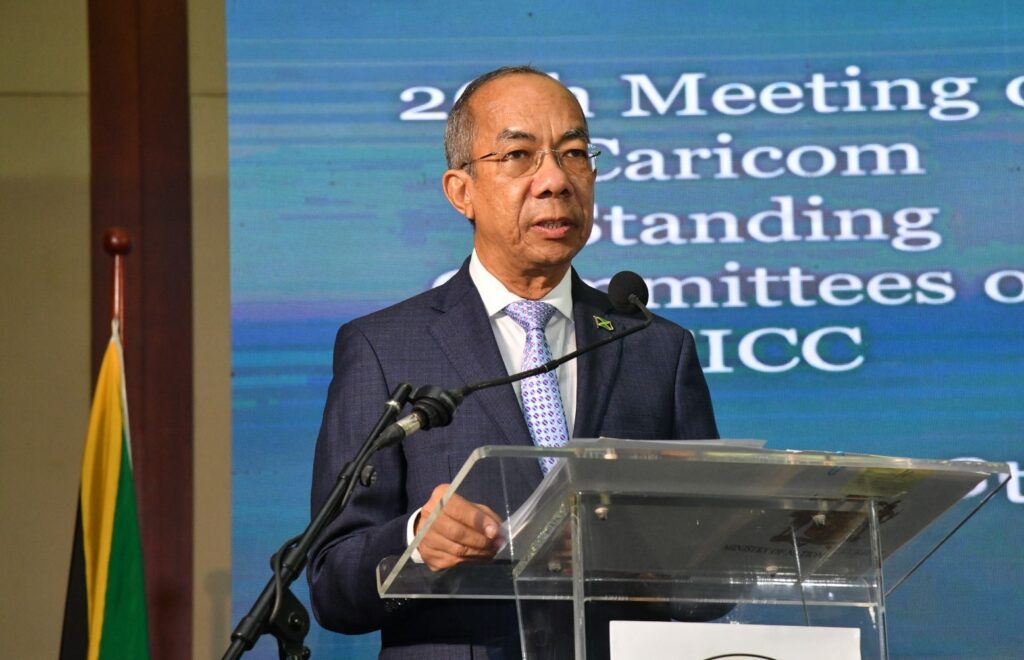
Minister of National Security and Deputy Prime Minister, Dr Horace Chang, says regional immigration and customs officials must take a more technological approach to improving border control and addressing threats to regional security.
“Increased reliance on technology, systems integration, and a more data-driven approach to operations will undoubtedly improve the capacity of our border-control agents to make the appropriate connections and identify regional security threats,” Dr Chang said.
The Minister was delivering the keynote address at the opening of the 26th meeting of the CARICOM Standing Committees of Chiefs of Immigration and Comptrollers of Customs at the Montego Bay Convention Centre, St James, yesterday (May 16).
He said the meeting presents an opportunity for border-control agents to strengthen cooperation and shared responsibility to safeguard the security and socio-economic development of CARICOM States.

“This meeting must, therefore, seek to maximise the opportunity to advance the implementation of recommended standards and practices for passenger data exchange, such as Passenger Name Records (PNR) and Advance Passenger Information (API),” he noted.
The National Security Minister said that PNR and API systems are critical to the air transport industry, especially now that transnational organised crime and other illicit activities within the region are supported by illegal trade and manipulation of border-control systems.
Illicit activities weaken governance
PNR is the generic name given to records created by aircraft operators or their authorised agents for each journey booked by or on behalf of any passenger.
The Minister underscored that these illicit activities stymie social and economic development and weaken governance across the region.
“The lasting effects of these illicit activities undermine social and economic development of our countries, weaken our governance structures, and erode confidence in public institutions that are set up to preserve the rule of law,” Dr Chang pointed out.
“As a community, we must continue to organise, pool resources where possible, and integrate systems that will allow us to leverage information and intelligence to improve regional cooperation on security,” he continued.
The three-day meeting, which ends on Thursday (May 18), brings together regional border-security officials to review the immigration processes, determine the status of regional security structures and assess the need for modification in view of new and emerging trends.

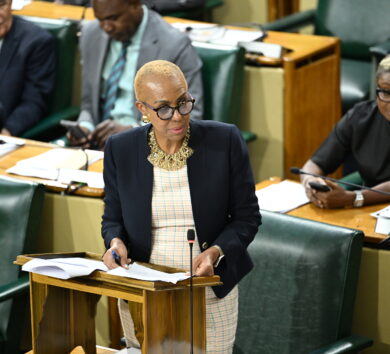
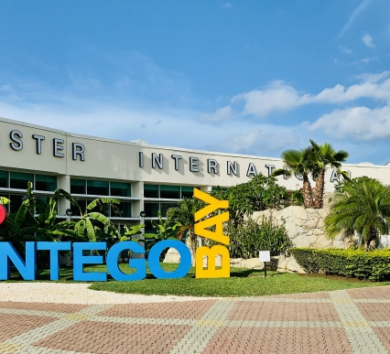

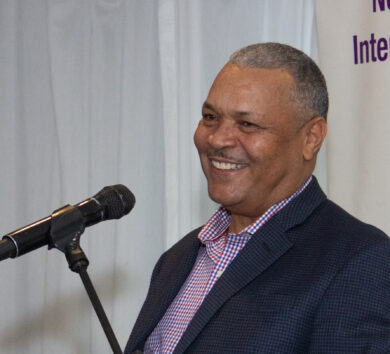
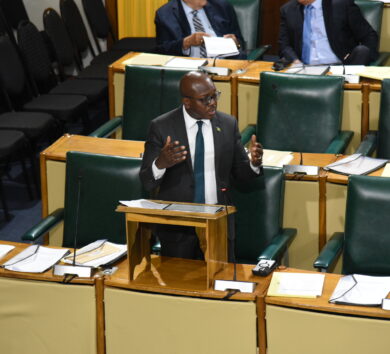
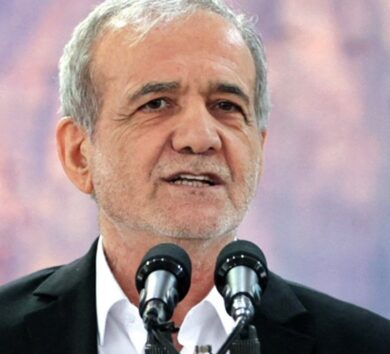
Comments